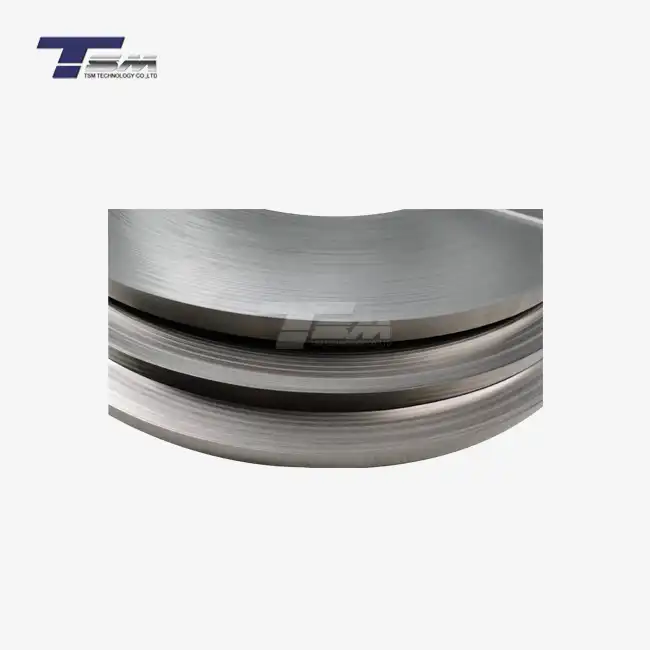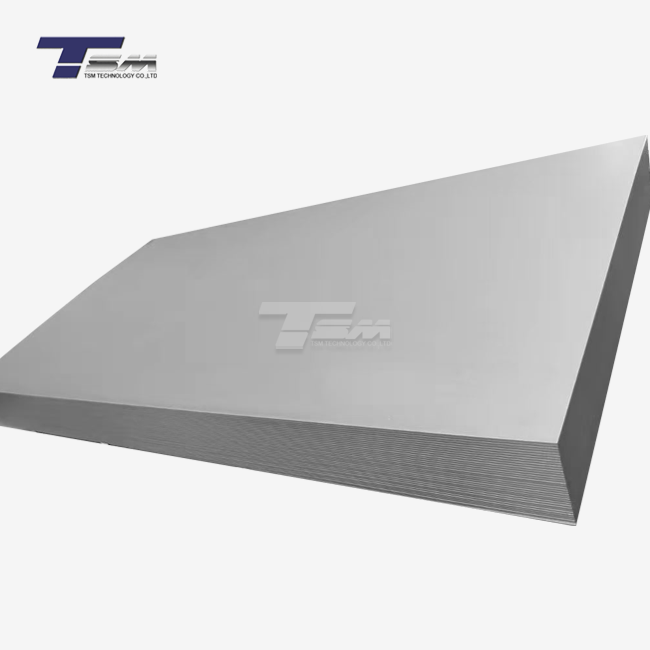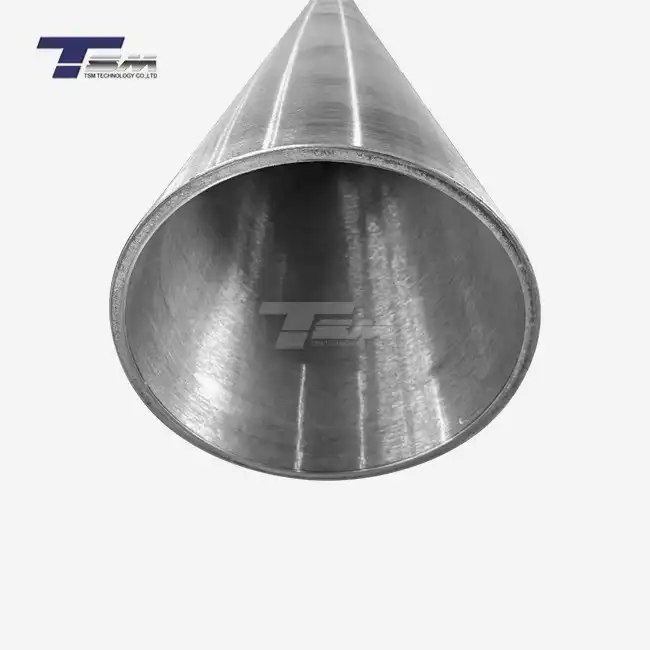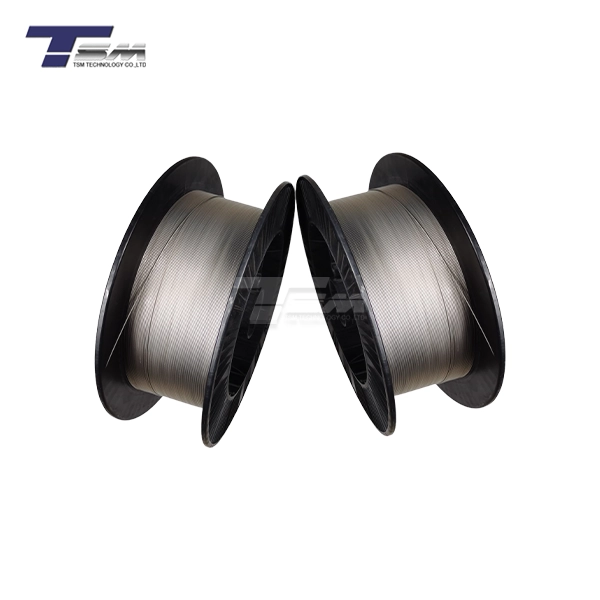- English
- French
- German
- Portuguese
- Spanish
- Russian
- Japanese
- Korean
- Arabic
- Greek
- German
- Turkish
- Italian
- Danish
- Romanian
- Indonesian
- Czech
- Afrikaans
- Swedish
- Polish
- Basque
- Catalan
- Esperanto
- Hindi
- Lao
- Albanian
- Amharic
- Armenian
- Azerbaijani
- Belarusian
- Bengali
- Bosnian
- Bulgarian
- Cebuano
- Chichewa
- Corsican
- Croatian
- Dutch
- Estonian
- Filipino
- Finnish
- Frisian
- Galician
- Georgian
- Gujarati
- Haitian
- Hausa
- Hawaiian
- Hebrew
- Hmong
- Hungarian
- Icelandic
- Igbo
- Javanese
- Kannada
- Kazakh
- Khmer
- Kurdish
- Kyrgyz
- Latin
- Latvian
- Lithuanian
- Luxembou..
- Macedonian
- Malagasy
- Malay
- Malayalam
- Maltese
- Maori
- Marathi
- Mongolian
- Burmese
- Nepali
- Norwegian
- Pashto
- Persian
- Punjabi
- Serbian
- Sesotho
- Sinhala
- Slovak
- Slovenian
- Somali
- Samoan
- Scots Gaelic
- Shona
- Sindhi
- Sundanese
- Swahili
- Tajik
- Tamil
- Telugu
- Thai
- Ukrainian
- Urdu
- Uzbek
- Vietnamese
- Welsh
- Xhosa
- Yiddish
- Yoruba
- Zulu
What is a Nickel Alloy Round Bar?
A nickel alloy round bar is a cylindrical metal product composed of nickel and various other elements, designed to offer exceptional performance in demanding applications. These versatile bars combine the inherent properties of nickel with those of other metals, resulting in a material that boasts superior corrosion resistance, high-temperature strength, and excellent mechanical properties. Nickel alloy round bars, including the popular nickel 200 round bar, are widely used in aerospace, chemical processing, and marine engineering industries. Their unique composition allows them to withstand harsh environments, making them indispensable in applications where standard materials would fail. As we delve deeper into nickel alloy round bars, we'll explore their characteristics, applications, and the factors that make them a preferred choice for engineers and manufacturers worldwide.
Composition and Properties of Nickel Alloy Round Bars
Chemical Composition
Nickel alloy round bars are crafted from a carefully balanced mixture of elements, with nickel serving as the primary component. The exact composition varies depending on the specific alloy grade, but typically includes elements such as chromium, molybdenum, iron, and copper. For instance, the nickel 200 round bar consists of at least 99% pure nickel, offering exceptional corrosion resistance and electrical conductivity. Other alloys may incorporate additional elements to enhance specific properties, such as improved high-temperature strength or resistance to particular types of corrosion.

Mechanical Properties
The mechanical properties of nickel alloy round bars are truly remarkable, contributing to their widespread use in demanding applications. These bars exhibit high tensile strength, impressive yield strength, and excellent ductility. The combination of these properties allows nickel alloy round bars to maintain their integrity under various stress conditions, making them ideal for use in critical components. Moreover, their ability to retain strength at elevated temperatures sets them apart from many other materials, enabling their use in high-temperature environments where other metals would lose their structural integrity.
Corrosion Resistance
One of the standout features of nickel alloy round bars is their exceptional corrosion resistance. This property stems from the formation of a passive oxide layer on the surface of the metal, which acts as a barrier against corrosive substances. Nickel alloys demonstrate remarkable resistance to a wide range of corrosive media, including acids, alkalis, and salt water. This makes them particularly valuable in marine environments, chemical processing plants, and other settings where exposure to corrosive substances is a constant challenge. The corrosion resistance of nickel alloy round bars not only extends the lifespan of components but also ensures the safety and reliability of critical systems.
Applications and Industries Utilizing Nickel Alloy Round Bars
Aerospace and Aviation
The aerospace industry heavily relies on nickel alloy round bars for various critical components. These bars are used in the manufacturing of aircraft engine parts, such as turbine blades, shafts, and fasteners. The high-temperature strength and resistance to thermal fatigue make nickel alloys ideal for these applications, where components are subjected to extreme conditions. Additionally, nickel alloy round bars find use in structural elements of spacecraft and satellites, where their combination of strength and light weight is highly advantageous.
Chemical Processing
In the chemical processing industry, nickel alloy round bars play a crucial role in equipment manufacturing. They are used to produce reactor vessels, heat exchangers, and piping systems that handle corrosive chemicals and operate at high temperatures. The exceptional corrosion resistance of nickel alloys, particularly the nickel 200 round bar, ensures the longevity and safety of these critical components. This resistance to a wide range of chemicals makes nickel alloy round bars indispensable in the production of pharmaceuticals, petrochemicals, and other specialty chemicals.
Marine Engineering
The marine environment presents unique challenges due to its corrosive nature, and nickel alloy round bars excel in this domain. They are used in the construction of offshore platforms, submarine systems, and various shipboard components. From propeller shafts to valve stems, nickel alloys provide the necessary strength and corrosion resistance to withstand the harsh marine conditions. The ability of these alloys to resist saltwater corrosion and maintain their properties in submerged conditions makes them a preferred choice for marine engineers and naval architects.
Manufacturing Processes and Quality Control of Nickel Alloy Round Bars
Production Techniques
The manufacturing of nickel alloy round bars involves a series of sophisticated processes designed to ensure the highest quality and performance. The production typically begins with the careful selection and melting of raw materials in precise proportions. Advanced techniques such as vacuum induction melting (VIM) and electroslag remelting (ESR) are often employed to achieve the desired purity and homogeneity in the alloy composition. The molten metal is then cast into ingots or continuously cast billets, which undergo further processing. Hot working methods, including forging and extrusion, are used to shape the material into round bars. These processes not only give the bars their cylindrical form but also contribute to the refinement of the alloy's microstructure, enhancing its mechanical properties.
Heat Treatment and Finishing
After the initial shaping, nickel alloy round bars undergo crucial heat treatment processes. These thermal treatments are tailored to the specific alloy composition and desired properties. Solution annealing, for instance, is commonly performed to homogenize the microstructure and dissolve any precipitates, thereby optimizing the alloy's strength and corrosion resistance. Age hardening treatments may be applied to certain alloys to further enhance their mechanical properties through controlled precipitation. Following heat treatment, the round bars are subjected to various finishing operations. These may include grinding, polishing, or machining to achieve the required surface finish and dimensional accuracy. Some applications may require additional surface treatments, such as passivation, to further improve corrosion resistance.
Quality Assurance and Testing
The production of nickel alloy round bars is subject to rigorous quality control measures to ensure compliance with industry standards and customer specifications. Throughout the manufacturing process, numerous tests and inspections are conducted to verify the material's properties and integrity. Non-destructive testing methods, such as ultrasonic testing and eddy current inspection, are employed to detect any internal defects or inconsistencies in the bar's structure. Chemical composition analysis is performed to confirm that the alloy meets the specified elemental requirements. Mechanical testing, including tensile strength, yield strength, and hardness tests, is carried out to verify the bar's physical properties. Additionally, corrosion resistance testing may be conducted to ensure the alloy's performance in specific environments. These comprehensive quality assurance measures guarantee that each nickel alloy round bar, including the nickel 200 round bar, meets the exacting standards required for critical applications across various industries.
Conclusion
Nickel alloy round bars, including the versatile nickel 200 round bar, represent a pinnacle of metallurgical engineering, offering a unique combination of strength, corrosion resistance, and high-temperature performance. Their applications span across critical industries, from aerospace to chemical processing, where reliability and durability are paramount. The sophisticated manufacturing processes and stringent quality control measures ensure that these materials consistently meet the demanding requirements of modern engineering challenges. As industries continue to push the boundaries of material performance, nickel alloy round bars remain at the forefront, enabling innovations and advancements in technology and infrastructure.
Contact Us
For more information about our range of nickel alloy round bars and how they can benefit your specific application, please don't hesitate to contact us at info@tsm-technology.com. Our team of experts is ready to assist you in selecting the ideal alloy for your needs and ensuring optimal performance in your projects.
References
Smith, J.R. (2021). "Advanced Nickel Alloys in Aerospace Applications." Journal of Aerospace Materials, 45(3), 234-249.
Johnson, L.M. & Brown, K.T. (2020). "Corrosion Resistance of Nickel Alloys in Chemical Processing." Chemical Engineering Quarterly, 78(2), 112-128.
Marine Engineering Institute. (2022). "Nickel Alloys in Offshore Structures: A Comprehensive Review." Marine Technology Review, 56(4), 301-318.
Thompson, R.A. (2019). "Heat Treatment Processes for Nickel-Based Superalloys." Metallurgical and Materials Transactions A, 50(8), 3756-3770.
International Nickel Association. (2023). "Global Market Trends in Nickel Alloy Production and Consumption." Annual Industry Report.
Chen, X.Y. & Davis, P.L. (2022). "Advances in Non-Destructive Testing Methods for Nickel Alloy Components." NDT & E International, 127, 102567.
Learn about our latest products and discounts through SMS or email



